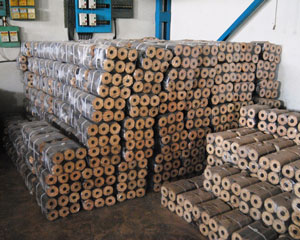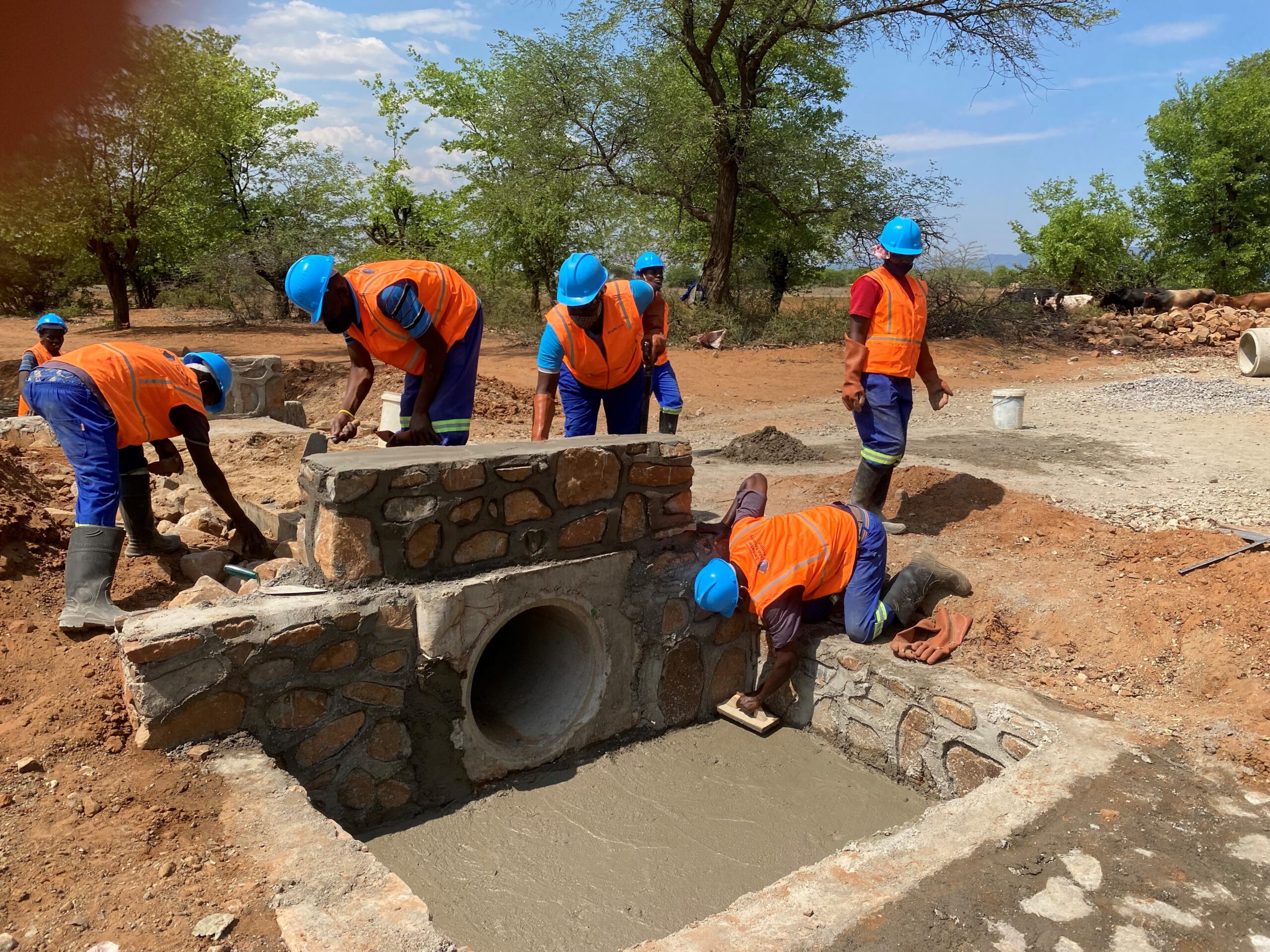
MUTARE — Although timber has been sustaining the country’s economy through generating millions of dollars in foreign currency, it’s waste products such as sawdust have been a thorn in the flesh to environmentalists and timber producers for years now.
Report by our Correspondent


Heaps and heaps, if not mountains, of uncollected sawdust are an eyesore if one visits areas such as Chimanimani, Nyanga and Mutare where timber sawmills are located. The sawdust continues to accumulate and there has been no solution in sight.
Environmentalists say sawdust was a threat to the environment if it is not properly managed as it can easily catch fire which takes ages to extinguish. The fire can severely destroy the ecosystem.
However, in a move that relates to the old adage “necessity is the mother of all inventions”, a local man took advantage of underutilised heaps of sawdust across the province to come up with an innovation that would help in management of the waste, as well as conserving forests.
Jack Furanera introduced a concept of producing 30cm briquettes of sawdust logs which can be used as an alternative to fire wood.
Briquettes are made from an Agico briquette marker which compresses sawdust into a log. The machine produces 400 kg an hour.
The logs are environmentally friendly as they do not produce the type of smoke that pollutes the environment.
- Chamisa under fire over US$120K donation
- Mavhunga puts DeMbare into Chibuku quarterfinals
- Pension funds bet on Cabora Bassa oilfields
- Councils defy govt fire tender directive
Keep Reading
Each briquette log can burn up to four hours continuously and later produce charcoal which can be used for braais or heating.
Furanera said he partly borrowed the concept from South Africa and perfected it with new innovations by putting a hole in the middle of the briquette to improve combustion and reduce smoke.
“We saw the idea in South Africa but it was not perfect, so we improvised to make it more efficient and user-friendly to our local people.
“The South African briquette is solid but we designed ours to have a hole in the middle to improve combustion and we did not add any chemical in the compression exercise. We want it to be in its natural form so that the little smoke that comes out will not become a health hazard to users,” he said.
Furanera said the briquette can be used for various purposes such as heating, cooking, and curing tobacco. Briquette moulding saves environment, creates employment
Jack Furanera said his company had created employment for four youths who are working on a full-time basis.
“I am happy that besides conserving our forests and helping in waste management, my company has also created employment for youths in the city who are now working on a full-time basis,” he said.

He paid tribute to a local business partner, Darrend Daniel Moolmain, who he said assisted him in realising his dream by injecting funds to kick-start the project and buy equipment to a tune of US$22 000.
“I am very grateful to Moolmain because he understood our concept and he appreciated the need for us to conserve our forests and help in waste management,” said Furanera.
“We have a lot of inventors in the country and government should divert more resources into research, so that we come up with solutions to challenges bedevilling our country.”
Environmental Management Agency (EMA) provincial manager, Kingstone Chitotombe said the innovation was a step forward in reducing environment degradation and pollution.
He said in Manicaland alone, sawdust constituted 80% of waste adding EMA was supporting such initiatives as they helped preserve the environment.
“This is a welcome development and we will continue to support such initiatives,” said Chitotombe.
A local environmentalist and researcher, Mike Maingire weighed in, saying it was high time government diverted its focus on funding research.
“This is a brilliant idea which deserves all the support from both government and the private sector because it will help the country in the management of waste and reduce deforestation. As demand for energy continues to surge worldwide, there is need to produce more clean energy which is environmentally- friendly,” said Maingire.
According to Food and Agriculture Organisation (FAO), forests are important global resources that offer a wide range of environmental, economic and social benefits.
who supplies sawdust?
Through his company, Habourside Traders, Furanera has engaged companies such as Border Timbers who are now supplying sawdust, thereby saving fuel and time.
“The companies are breathing a sigh of relief as they are now delivering the sawdust here instead of going to the dumpsites. We pay for their transport but the sawdust is for free,” he said.
Furanera said they were selling 9kg of briquette for US$3 while 7,5kg is going for US$2 and US$1 for 2kg.
He said although the uptake was still low as the operation only started last year, locals have begun to appreciate using briquettes as an alternative source of energy. Pictures compiled by Tinotenda Samukange











